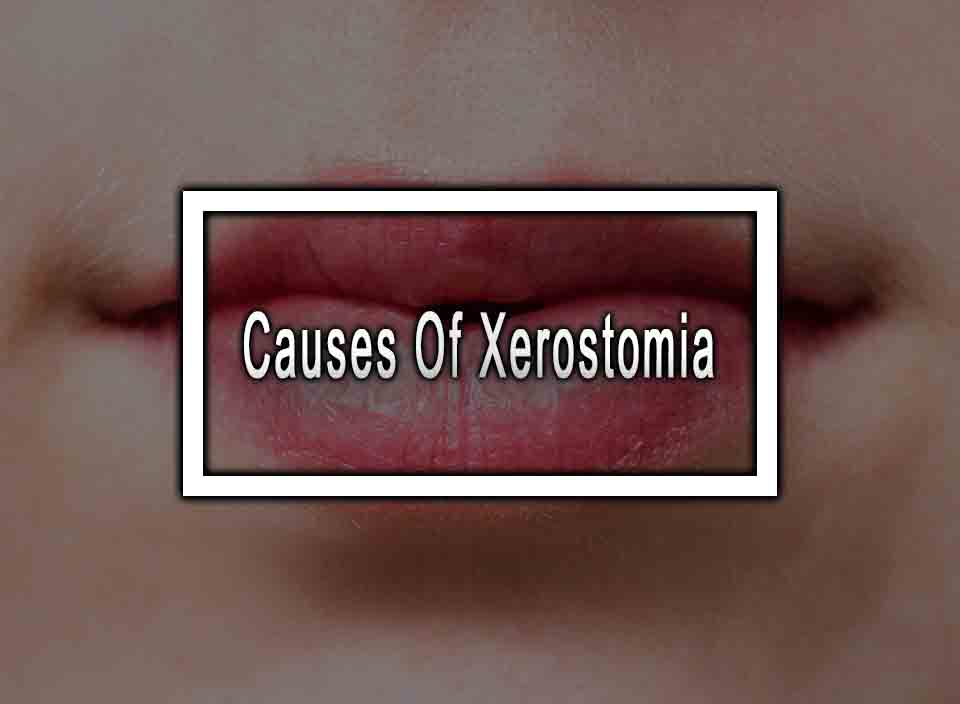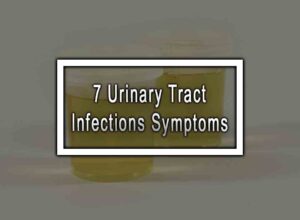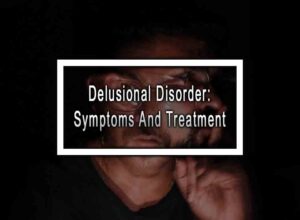Table of Contents
ToggleHere Are Some Causes Of Xerostomia
Many people experience a dry mouth from time to time, but for some, the condition can become chronic. Xerostomia, also known as dry mouth, is a condition of decreased saliva production that affects millions of people worldwide. It can have various causes ranging from medical conditions to medication side effects, radiation therapy, and lifestyle habits. In this article, we will explore the causes of xerostomia.
What Are Xerostomia?
Xerostomia is a condition that results when the salivary glands do not produce enough saliva, causing your mouth to feel dry and sticky. Without enough saliva, talking, chewing, and swallowing can become difficult, leading to oral health issues such as gum disease and tooth decay. Saliva helps remove food debris, neutralize harmful acids produced by bacteria, and protects your teeth and tissues from infection and erosion, making it a crucial part of your oral health.
Chronic dry mouth can be a symptom of an underlying medical condition, such as Sjögren’s syndrome, which is an autoimmune disorder that attacks the glands that produce tears and saliva. It can also be a side effect of certain medications, such as antihistamines, antidepressants, and diuretics. Radiation therapy to the head and neck area can damage the salivary glands and cause dry mouth, as can smoking and excessive alcohol use.
Causes of Xerostomia
Medications
A significant number of prescription and over-the-counter medications can cause xerostomia. Medications used to treat depression, anxiety, allergies, and high blood pressure are known to cause dry mouth. Antidepressants can also cause dry mouth by decreasing the secretion of hormones responsible for producing saliva.
Medical Conditions
Several medical conditions can cause xerostomia, including Sjögren’s syndrome and rheumatoid arthritis, HIV/AIDS, diabetes, and Parkinson’s disease. Radiation therapy for cancer patients can also damage the salivary glands and cause dry mouth. Chemotherapy drugs can also lead to a reduction in saliva production.
Lifestyle Habits
Several lifestyle habits and habits of daily living can reduce saliva production leading to dry mouth. Chewing tobacco or smoking cannabis can damage salivary glands and result in decreased saliva production. Individuals who engage in mouth breathing have reduced production of saliva. Mouth breathing can occur because of nasal congestion or other reasons.
Age
Older people are more susceptible to xerostomia due to natural aging owing to changes in the function of the salivary glands.
Dehydration
The most common cause of temporary xerostomia is dehydration. When you don’t drink enough fluids, your body reduces saliva production to conserve water.
Symptoms of Xerostomia
A dry mouth can lead to various symptoms, such as persistent thirst, sore throat, burning sensations in the mouth, a dry tongue, difficulty swallowing, cracked lips, bad breath, and an altered sense of taste. When left untreated, xerostomia can lead to oral health complications such as mouth ulcers, gum disease, and tooth decay and can also affect the ability to speak, eat or swallow.
Preventing and Treating Xerostomia
What Are Xerostomia? The treatment of xerostomia depends on the cause of the condition. For temporary causes of dry mouths, such as dehydration, drinking plenty of water or other fluids can help to prevent dry mouth. In some instances, avoiding caffeine, alcohol, and tobacco will help.
For people with xerostomia resulting from medical conditions or medication side effects, it’s crucial to consult with a doctor or dentist to find a treatment for the underlying cause. Over-the-counter products and prescription medication can help to alleviate symptoms.
It is essential for people with xerostomia to practice good oral hygiene, including regular brushing, flossing, and mouth rinses. Using sugar-free gum or lozenges can stimulate saliva production; such as Xylimelts offers a saliva substitute tablet that works for several hours. There are also specially-formulated toothpaste and mouthwashes for dry mouth patients available OTC.
Conclusion
Xerostomia is a condition that can cause significant discomfort for those who suffer from it. It’s essential to understand the causes of xerostomia to seek the appropriate treatment. It is crucial to maintain good oral hygiene, drink plenty of water, avoid tobacco, caffeine, and alcohol, and be cautious of medication or drugs, which could hold worsening effects. By managing the underlying causes of xerostomia, individuals can alleviate symptoms and prevent dental health issues from occurring, helping to improve their overall quality of life. Medical intervention must be sought if individuals face any severe or unbearable discomfort.
Causes Of Xerostomia FAQ
Here are the most common questions about the causes of xerostomia.
How does radiation therapy cause xerostomia?
Radiation therapy to the head and neck area can damage the salivary glands, leading to dry mouth.
How is xerostomia treated?
Treatment for xerostomia depends on the underlying cause. Some treatments include staying hydrated, using saliva substitutes, prescribing medication to stimulate saliva production, and addressing any medical conditions causing dry mouth.
Can xerostomia lead to oral health problems?
Yes, xerostomia can increase the risk of oral health problems such as tooth decay, gum disease, and fungal infections. Saliva is essential for washing away food particles and bacteria in the mouth, so a lack of saliva can lead to these problems.
How can xerostomia affect speech?
A dry mouth can affect speech by making it harder to pronounce certain words and making your voice sound hoarse or scratchy.
More like this: Hiking Equipment Before You Go












